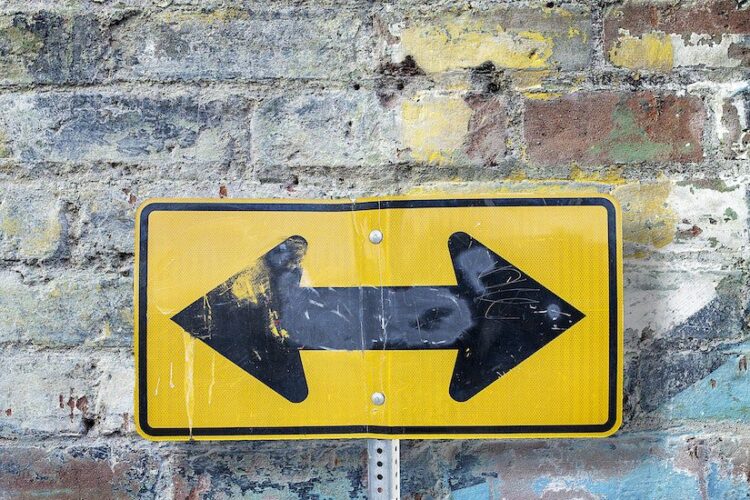When you think about it, it is kind of amazing how frequently we fail to do something we know we really ought to do, and the roadblocks we face.
You know you should go to bed, so you won’t be exhausted in the morning. But you stay up to binge a few more episodes of your new favorite show (or a show you have seen several times already).
You know you should choose the steamed veggies instead of the fries. But who chooses steamed veggies when fries are on offer?
You know you should avoid talking politics with your relatives. But a spirited argument breaks out at the Thanksgiving table before the turkey is even carved—and somehow you started it.
We have no doubt that you could think of many more examples that support our point.
But we want to focus on a quite specific example of this phenomenon of failing to do the thing you know you should do: You know you should get treatment for your substance use disorder so that you can regain your sobriety. But you refuse to actually take that essential step toward recovery.
Why would you choose not to get the help you need? There are likely many answers to that question, but we are going to focus on three roadblocks.
- Maybe you have decided not to get help because you are stubborn.
- Maybe you have decided not to get help because you are afraid.
- Maybe you have decided not to get help because you are ashamed.
Let’s take a closer look at each of those three roadblocks for staying out of treatment.
Too Stubborn to Seek Treatment
Are you the kind of person who simply refuses to admit you have a problem with drugs or alcohol? Perhaps you truly believe that you could stop taking drugs or drinking alcohol if you simply put your mind to it. Alternately, you might be aware that you have a problem—but are convinced that it isn’t a particularly big problem. As long as you can convince yourself you have not hit rock bottom, you feel justified in refusing to take action to address your substance use.
There is a reasonable chance you don’t even think of yourself as being particularly stubborn. You might say that you are just making an unbiased assessment of your situation—and you have decided you don’t need to seek out treatment at this time.
But here’s the problem: You are not, in fact, unbiased about this issue. Instead, you are motivated—for one reason or another—to keep using drugs or alcohol, so you tell yourself a story to support that behavior. And you stubbornly insist on believing that story even when it is demonstrably not true. What are the other two roadblocks?
Too Afraid to Seek Treatment
Are you the kind of person who has a fear of the unknown? Perhaps you know you should pursue treatment, but you are simply too afraid of what the process might entail. You don’t want to go through withdrawal. You don’t want to have to talk about your substance use with doctors—or with other people in treatment in a group therapy setting. You don’t want to get sober because you are afraid that you just will not be able to stay sober.
But here is something to keep in mind: Fear is a powerful emotion, but you do not have to give into it. You can take steps to lessen your unease like researching the treatment process so you have a better idea of what you will experience. That research may make you feel more comfortable with other aspects of the journey as well, including the prospect of individual and group therapy and the wealth of resources and support available to you as you work to stay sober.
Too Ashamed to Seek Treatment
Are you the kind of person who steadfastly protects your public image and reputation? Perhaps you have been working hard to hide your substance use disorder from friends, family, coworkers, members of your faith community, and anyone else you might encounter. You might find the notion of admitting you have a problem to be too embarrassing to truly consider.
But here’s the thing: It is almost inevitable that your physical and mental well-being will deteriorate as you continue to use drugs or alcohol. So eventually folks are going to figure it out—and you may find yourself even more embarrassed by the condition you have allowed yourself to fall into. The best thing for your self-image (the only image that really matters in the end) is to admit you have a problem and then get help for that problem right away.
Remember That We Are Here to Help
At Bel Aire Recovery Center in Kansas, our commitment to providing personalized, evidence-based treatment for substance use disorders is unshakeable. You can count on us to be supportive passed these roadblocks and throughout the treatment process and to treat you with the respect every person deserves. And you can be certain we will continue to provide resources and support once treatment ends, and your recovery journey begins.




